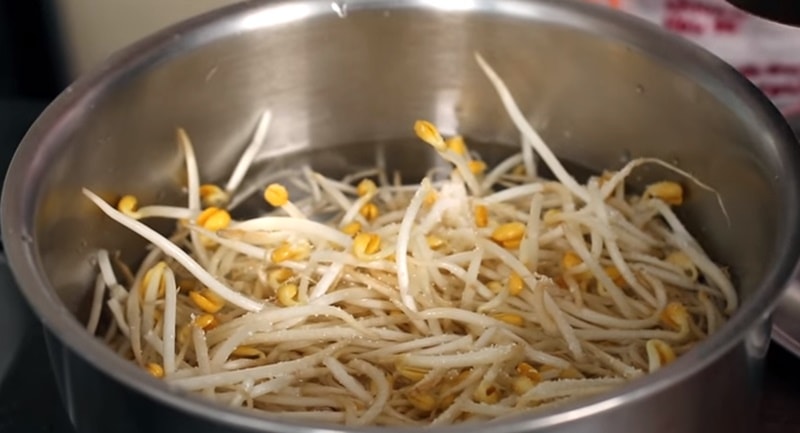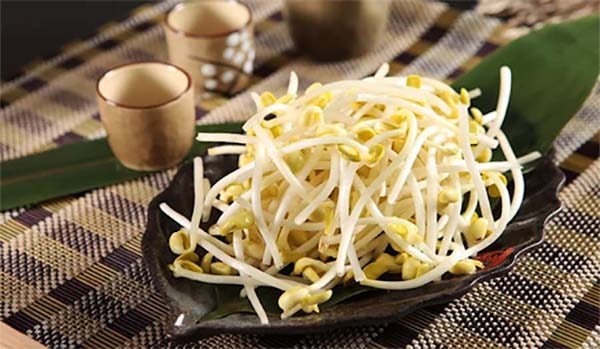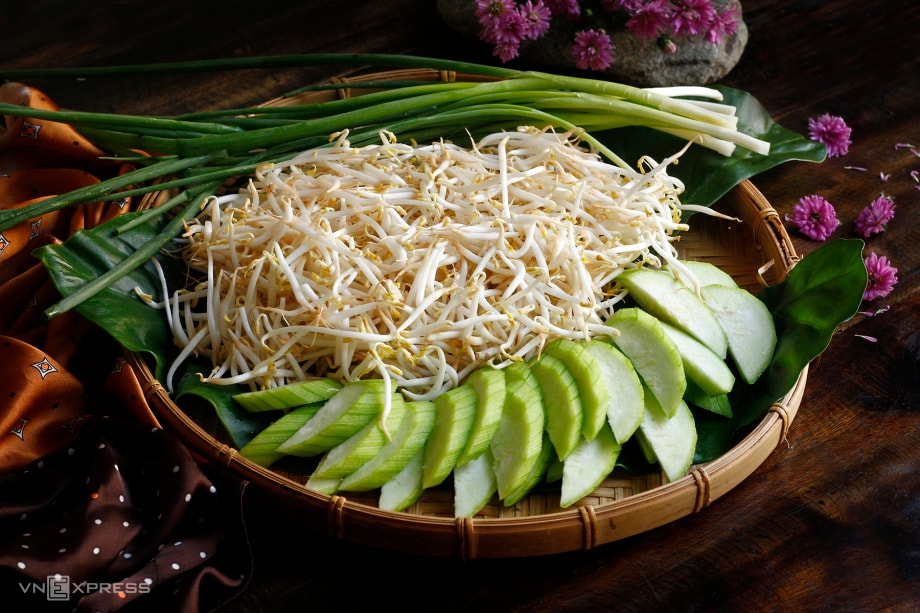You should not eat bean sprouts if you have the following reasons:
Few people know that some people should not eat bean sprouts for the following reasons:
Bean sprouts, a familiar rustic dish in Vietnamese meals, bring a refreshing taste and significant nutritional value, but these people should not eat them.
People allergic to beans
Bean sprouts are usually made from beans such as green beans, soybeans, black beans. Therefore, people with allergies to beans should absolutely stay away from bean sprouts. Allergic reactions can manifest through symptoms such as itching, hives, difficulty breathing, swelling of the face or throat, and can even lead to life-threatening anaphylactic shock.

People with weak digestive systems
Bean sprouts are cold in nature and can easily cause stomach cold, bloating, and diarrhea, especially when eaten raw or when hungry. People with poor digestive systems, frequent stomach aches, diarrhea, and bloating should limit their intake of bean sprouts or only eat them after they have been thoroughly cooked.
People with gout
Bean sprouts contain purine, an organic compound that when broken down in the body will form uric acid. High levels of uric acid in the blood will deposit into sharp crystals in the joints, causing gout with symptoms of severe pain. Therefore, people with gout or at risk of gout should limit their consumption of bean sprouts.
People with kidney disease
Reduced kidney function makes it difficult for the body to eliminate potassium. Bean sprouts contain a significant amount of potassium, and eating too much can cause high blood potassium levels, leading to dangerous cardiovascular problems. People with kidney disease should consult their doctor about whether they should eat bean sprouts and the appropriate dosage.
People who are taking medication
Bean sprouts have detoxifying properties and may reduce the effectiveness of some medications, especially traditional Chinese medicine. If you are currently undergoing medical treatment, you should consult your doctor before adding bean sprouts to your diet.

Children
The digestive system of young children is still in the development stage, very sensitive to foods. Bean sprouts, although rich in nutrients, are cold in nature, can cause digestive problems such as cold stomach, indigestion if not processed carefully. Therefore, when feeding bean sprouts to children, mothers should prioritize cooking them thoroughly to minimize negative impacts on the baby's immature digestive system.
People with a history of food poisoning
Bean sprouts are an ideal environment for bacteria to grow if not produced and preserved properly. People with a history of food poisoning or weak immune systems should be careful when eating bean sprouts, should buy them from reputable establishments and process them thoroughly before eating.

Notes when eating bean sprouts
- Choose fresh and delicious bean sprouts: Observe carefully, choose bean sprouts with ivory color, plump stem, short roots, not yellowed, slimy, have strange smell or black spots.
- Wash before use: Rinse bean sprouts thoroughly several times under running water to remove dirt, bacteria and other impurities.
- Cook thoroughly: Limit eating raw bean sprouts. Cook thoroughly by boiling, stir-frying, making soup... to ensure food hygiene and safety, and kill harmful bacteria.
- Don't eat too much: You should only eat about 100-200g of bean sprouts per day. Eating too much can cause indigestion, bloating, and affect your health.
- Proper storage: Bean sprouts should be stored in the refrigerator in the cool compartment and used within 2-3 days. Do not leave bean sprouts for too long to avoid them getting soggy and spoiled.
- Diverse combination: Bean sprouts should be combined with other foods to create a balanced, nutritious meal.

.jpg)
